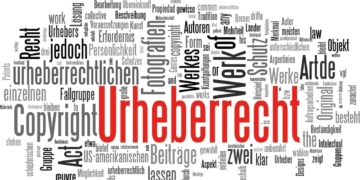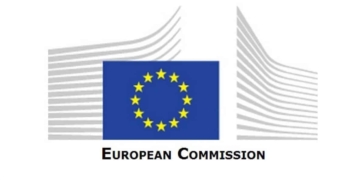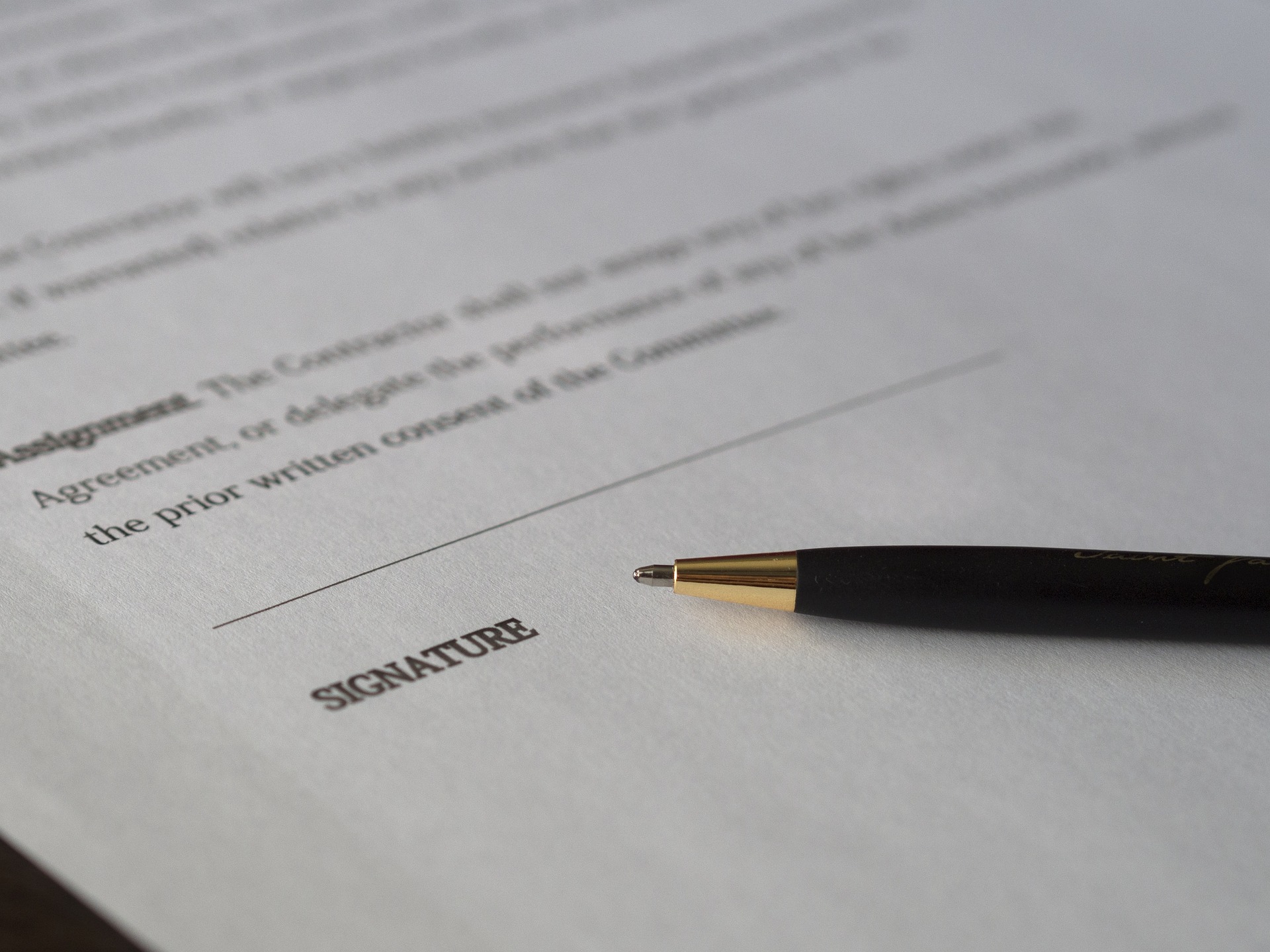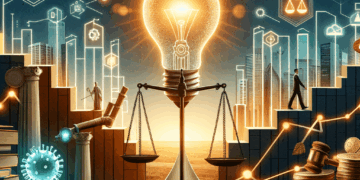Introduction: The Unprotectability of Ideas
We live in a world that is driven by ideas. Whether it’s a revolutionary new product, an exciting background story for a novel, or an innovative game concept, there’s an idea behind each of these things. And this is where it gets interesting.
In my work as a lawyer specializing in intellectual property and technology law, I repeatedly find that there is a widespread assumption: The idea that an idea alone is legally protected or can be protected. But this idea is misleading. In fact, ideas as such are not protectable in the legal sense.
The issue of protecting ideas has taken on even greater importance in recent years, with rapid advances in areas such as artificial intelligence. More and more often the question is asked, “Can I get my idea protected?” Or, “How can I prevent someone from stealing my idea?” And even though I’ve answered these questions a dozen times, they keep popping up.
The answer is always the same, and yet it seems to surprise many people: No, ideas cannot be protected. But why is that? And what options are there to protect intellectual and creative output? We will address these issues in detail in the following sections.
Copyright: protection for concrete works, not for ideas
Copyright, which is often associated with the protection of creative achievements, does not go so far as to protect ideas themselves. Rather, it focuses on the concrete manifestations of these ideas. A book, a painting, a movie, a song – all these things can be copyrighted, but not the underlying abstract idea.
The reason for this limitation is pragmatic and philosophical at the same time. Pragmatically, ideas are general and universal; they can be developed independently by anyone, at any time. If ideas enjoyed legal protection, simple concepts or thoughts could be monopolized. This would massively restrict creative freedom and significantly impede cultural, scientific and technological progress.
Philosophically, copyright involves recognition and reward for creative expression and hard work – for the time, talent, and effort required to turn an idea into a tangible work. It is this implementation, not the original idea, that deserves copyright protection.
This becomes clear when we look at an example: Let’s say someone has an idea for a story about a sorcerer’s apprentice who studies in a magic school. This idea cannot be protected. It would be quite possible for different authors to come up with such an idea independently. But if that someone takes the idea and writes a concrete story with specific characters, plot lines, and dialogue, that concrete work is copyrighted. Another author may take the general idea of an apprentice magician in a magical school, but may not copy the specific elements of the protected work.
Of course, in practice there are often delimitation problems and complicated legal issues. Where exactly is the boundary between a general idea and a specific execution? How much similarity is allowed before it is considered copyright infringement? These questions can be difficult to answer in some cases and require careful legal analysis.
But despite these challenges, the fundamental principle remains: Copyright protects concrete works, not abstract ideas. It protects the concrete melody of a song, not the idea of a love song. It protects a specific painting, not the idea of painting a landscape. It protects specific rules of the game, not the idea of a board game. And it protects a concrete backstory, not the idea of a post-apocalyptic scenario. It is this distinction between idea and execution that lies at the heart of copyright law and is an essential element of our creative landscape.
Rules of the game and copyright: protecting the execution, not the idea
Even in the context of game rules – whether digital or board games – ideas are not protectable. This is illustrated by the example of the world-famous game “Tetris”. The basic idea of the game, namely to arrange falling blocks so that they form rows without gaps, is not protected. What is protected, however, is the concrete execution of this game concept – the specific design of the blocks, the specific way they fall, the music, the logo and so on.
This means that other developers can create a game with similar rules as long as they do not copy the specific copyrighted elements of Tetris. You can develop a game where falling blocks must be arranged, but you must not use the specific design or music of Tetris. For example, they could create their own unique graphics and soundtracks to provide a new gaming experience.
However, it is important to note that so-called “slavish copying” is not permitted. This refers to the exact imitation of an existing work in a way that goes beyond merely picking up a general idea. While copyright law does not protect ideas for game rules or gameplay mechanics, it can play a role when it comes to the specific artistic execution of a game.
In addition, competition law (UWG – Unfair Competition Act) could also play a role. This law aims to prevent unfair business practices, including misleading advertising or taking advantage of a competitor’s reputation. In certain cases, it could be considered unfair for a company to directly “copy” the rules of another game, especially if this has the effect of deceiving consumers or harming the economic interests of the original creator.
Despite these possible legal considerations, however, the basic rule remains: Ideas themselves, including the basic mechanics or rules of a game, are not protectable. They can be freely picked up and used in new creative works. This encourages innovation and allows game developers to build on the achievements of their predecessors and create new, exciting game experiences.
Ideas for artwork, characters and backstories
Ideas for artwork, characters in games, movies or books, and background stories are also not protected. It is not the idea of a character that receives legal protection, but its concrete form. A bear that loves honey is a general idea and can be used by anyone. But as soon as this bear wears a red vest, has Christopher Robin as a friend and lives in a certain forest, we have the concrete character “Winnie Pooh”, which is protected by copyright.
It is the same with the design of artwork. The idea of a painting depicting a sun-drenched haystack cannot be protected. However, the specific painting that Claude Monet made under the title “Haystack, Effect in the Snow, Sunset” is protected by copyright.
Even with background stories, it’s not the general idea that gets protection, but the specific execution. A post-apocalyptic scenario in which a group of survivors fights zombie-like creatures is a common idea that has been picked up in numerous movies, books and games. But each of these stories has its own specific plot, its own characters, its own dialogues – and it is precisely these specific elements that can be copyrighted.
However, with the advent of artificial intelligence (AI) and machine learning, new questions and issues have arisen. Is using artwork and graphics to train AIs copyright infringement? Are the graphics created by an AI trained with copyrighted works themselves copyright infringement?
These questions are complex and have not yet been conclusively clarified. On the one hand, it could be argued that training an AI with copyrighted works is a form of “use” that requires the copyright holder’s consent. On the other hand, proponents of AI development might point out that the final product – the graphic created by the AI – is a new, original work that is not a direct copy of the training material.
Even if the AI only works by training with the original artwork, one could argue that the end result is so far removed from the original works that it should no longer be considered copyright infringement. This is supported by the fact that many AIs are able to create entirely new and unique works that are very different from the training data.
However, there are also strong counter-arguments. Proponents of copyright protection might argue that AI is essentially a kind of “mechanical plagiarist” that “sucks up” the creative works of humans and then reproduces them in a slightly modified form. This could be considered a type of theft that violates the rights of the original artists.
It is also important to note that AI itself does not have “creativity” in the human sense. It generates new works based on the patterns and information it has learned from the training data. Therefore, some might argue that the works produced by an AI are not really “new” or “original,” but just a kind of mechanical imitation of the creative works of humans.
In addition, the use of AI to create artwork could also lead to the undermining of artists’ economic rights. If AI is able to create convincing imitations of artwork, it could lower market prices for real artwork and undermine the ability of artists to make a living from their work.
In summary, the use of AI in the art world raises a number of important legal and ethical issues that remain to be addressed. It is clear, however, that the fundamental principle – that ideas are not protected by copyright, but only their concrete formations – continues to play a central role in this discussion.












































